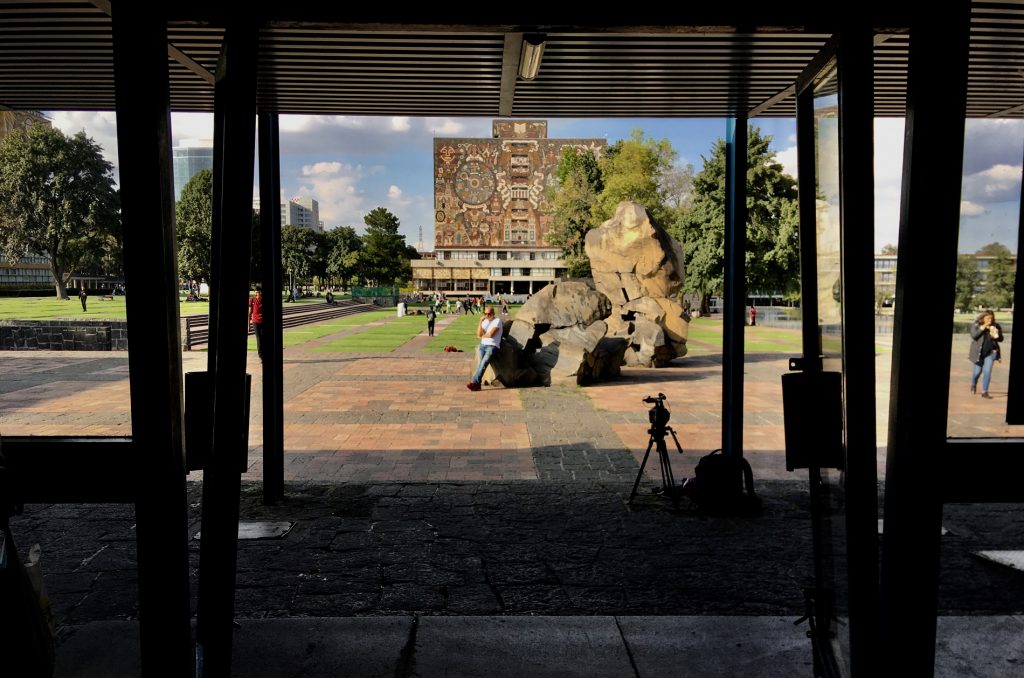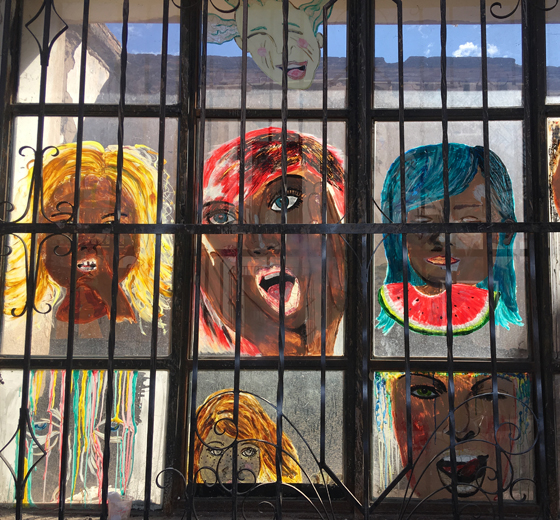Events
InVitro Stage, Conjuro Teatro (Mexico)Margules. Absence
Łukasz Witt – Michałowski based on Artur Pałyga's play "Margules. Absence" and Rodolfo Obregon's book "Ludwik Margules Memories"
Cast:Marta Bartczak, Magdalena Hertrich – Woleńska, Anna-Maria Sieklucka, Jarosław Tomica, Michał Barczak, Kamil Drężek, Héctor Hugo Peña
Directed by:Łukasz Witt – Michałowski
Mexican parts directed by:Dana Stella Aguilar
Choreography:Wojtek Kaproń
Musical arrangement:Piotr Bańka
Photos:Grzegorz Filipiak
Edited by:Piotr Mleko Miłkowski, Bart Wolniewicz
Audiovisual production of Mexican scenes:Carlos Montaño
Set elements:Kamil Filipowski
Lights:Marcin Kowalczuk
International cooperation:CONJURO TEATRO
Does the name Margules ring a bell? Ludwik Margules?
It sounds strange, exotic, not Polish.
Meanwhile, in Mexico, everyone who has come across theatre associates the name with Poland and one the greatest reformers of contemporary theatre. Margules is mentioned with likes of Polish artists such as Kantor or Grotowski.
Margules was the director of the University Theatre Center; founder of the theatre school El Foro Teatro Contemporaneo. He was awarded the 2003 Mexican National Science and Arts Award – the highest state decoration in Mexico awarded to artists. His subsequent theatrical productions divided the audience into those who had already seen them and those who had not yet seen them.
He died in 2006.
All the great names of contemporary Mexican theatre and film consider Margules an artist who has a gigantic influence on their development. Film director Alejandro González Iñárritu, winner of many Oscars, calls Margules his most important mentor and teacher for such films as Birdman or The Revenant.
Until today, Polish theatre critics and Polish theatre historians have not noticed Margules’ presence on the world theatre map. Our performance is the result of an expedition born out of the need to place this outstanding artist in his rightful place.
***
Witt-Michałowski’s performance is not only an attempt to embed the Polish-born director in the pantheon of our theatrical legends. It is a transgressive meeting with the late director taking place on the night of the Mexican dead. According to local customs, it is the time of contact between the living and the dead. A tribute to the outstanding artist turns out to be an inspiring experience for Witt-Michałowski. The audience has an impression that the contact with the Mexican works of Margules has become a pretext for the Polish artist to revise his already well-established, original theatrical strategy. Ultimately, the performance turns out to be an amazing fusion of two artistic attitudes. Witt-Michałowski somehow “looks” at the Mexican director. In return, the late classic receives something like a “second life” on stage. All this makes Margules. Absence is a show that tells, above all, about the strength and durability of an artistic vision.
The immortality of theatre, shown with its seemingly innate predilection for constant rebirth, corresponds in a special way to the idea of this year’s edition of Confrontations. In one of its meanings, kairos is a unique meeting. Witt-Michałowski’s meeting with Margules invalidates the chronology of life and death, just as it undermines the significance of cultural differences. It brings hope for the theatre which (after a period of pandemic lockdown) will have to find the strength to revive to its former glory.

